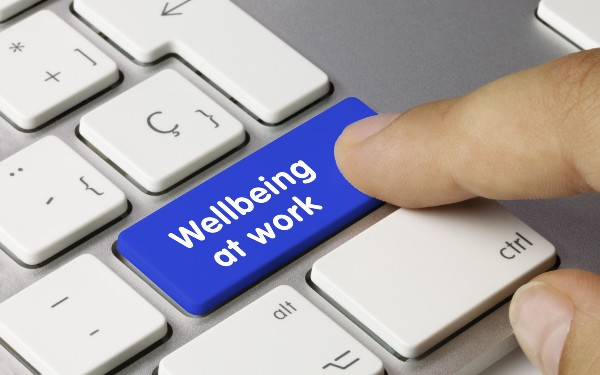
By Dr Paula McFadden, senior lecturer in social work, Ulster University
As lockdown is slowly getting lifted and restrictions begin to ease across the United Kingdom, it is important that our health and social care workforce are fully supported and have access to appropriate services and resources.
The Covid-19 pandemic has seen many health and social care services become overwhelmed, particularly social workers who have seen a change to risk management and working practices, and an increase in referrals as the crises continues.
Social care workers likewise, have experienced rapid change in working practices and risk management procedures, whilst working in a variety of settings, for example day care, nursing care, and people’s own homes.
We are conducting research to explore the health and wellbeing social workers, social care workers, nurses, midwives, allied healthcare professionals (AHPs) in UK during the pandemic to formulate recommendations for improvements.
Previous findings
Between the surveys conducted in phase one (May-July 2020) and phase two (November 2020 – January 2021), overall wellbeing and work-related quality of life decreased across the health and social care workforce during the pandemic.
Findings demonstrated that respondents used more negative coping strategies (eg venting, self-blame) to deal with increased work-related stressors in comparison to positive coping strategies (active coping, planning, emotional support).
In phase two, a large proportion of respondents experienced moderate to high levels of personal burnout (74.7%) and work-related burnout (66.3.%).
Recommendations were suggested under three main themes that emerged from the data: changing conditions, connections and communication.
Current study phase
In the current phase three survey (May-July 2021) we will once again examine the quality of working life, mental well-being, burnout and coping of a nurses, midwives, AHPs, social care workers and social workers as they continue to deliver services in the post-pandemic phase.
Our aim is to further explore how these factors have been changed over the last six months as the pandemic has continued and as restrictions begin to ease.
The findings from this study will help provide data which employers can use to make evidence-informed, organisational level policy adjustments to support the needs of the workforce during and post pandemic.
Get involved
If you’re a social worker, social care worker, nurse, midwife or AHP , who is currently employed (this includes working as an agency/bank worker) or self-employed in the UK during the Covid -19 pandemic then please share your experiences with us by completing a short survey.
Please click on the survey link below or scan the QR code for further information on the study and the questionnaire to complete. This takes around 15 minutes to complete. The survey closes on 2 July.

For more information about this research project, please contact Paula McFadden on p.mcfadden@ulster.ac.uk or Patricia Gillen on p.gillen@ulster.ac.uk.
The research team would like to thank all previous survey respondents and to all organisations across the UK that have promoted and contributed to this study.


 Bournemouth, Christchurch and Poole
Bournemouth, Christchurch and Poole  Hampshire County Council
Hampshire County Council  Lincolnshire County Council
Lincolnshire County Council  Norfolk County Council
Norfolk County Council  Northamptonshire Children’s Trust
Northamptonshire Children’s Trust  South Gloucestershire Council
South Gloucestershire Council  Wiltshire Council
Wiltshire Council  Wokingham Borough Council
Wokingham Borough Council  Children and young people with SEND are ‘valued and prioritised’ in Wiltshire, find inspectors
Children and young people with SEND are ‘valued and prioritised’ in Wiltshire, find inspectors  How specialist refugee teams benefit young people and social workers
How specialist refugee teams benefit young people and social workers  Podcast: returning to social work after becoming a first-time parent
Podcast: returning to social work after becoming a first-time parent  Podcast: would you work for an inadequate-rated service?
Podcast: would you work for an inadequate-rated service?  Family help: one local authority’s experience of the model
Family help: one local authority’s experience of the model  Workforce Insights – showcasing a selection of the sector’s top recruiters
Workforce Insights – showcasing a selection of the sector’s top recruiters 

 Facebook
Facebook X
X LinkedIn
LinkedIn Instagram
Instagram
Comments are closed.